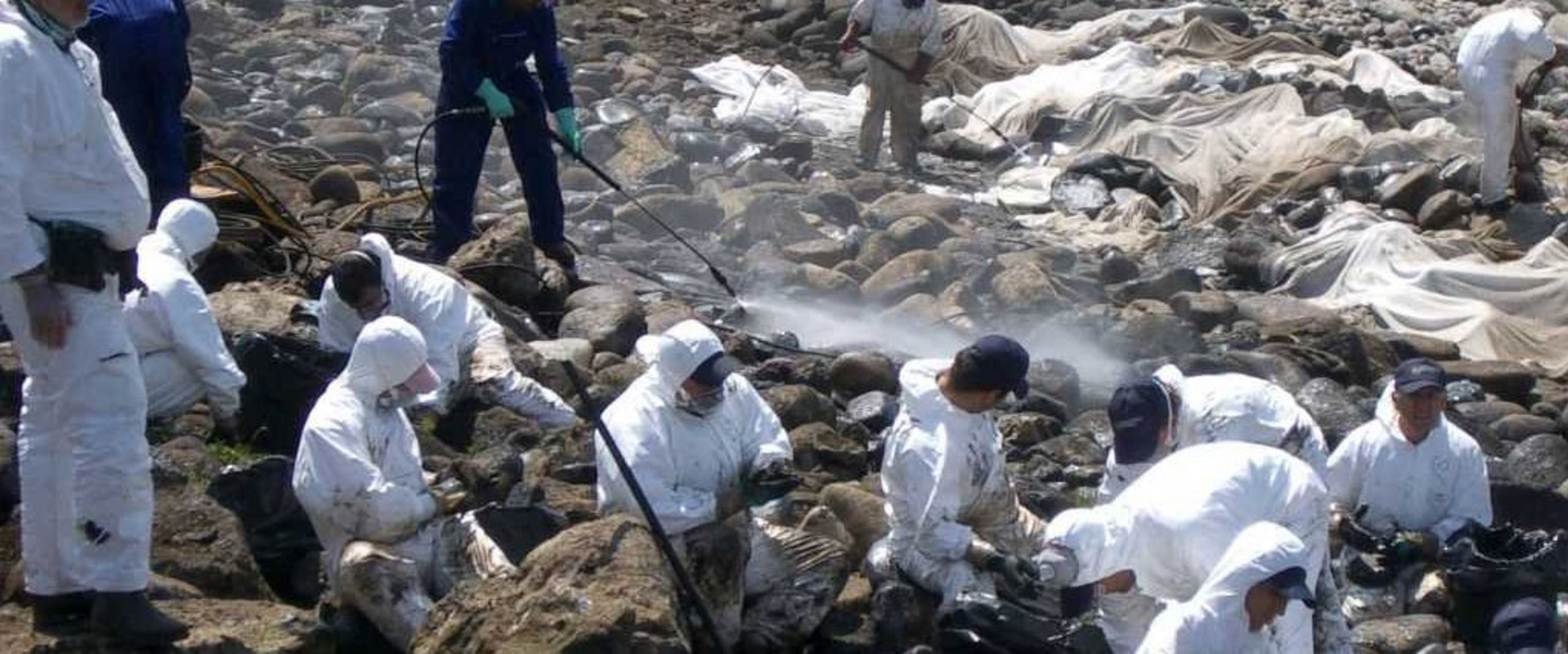
BIOREM
| Principal investigator | Wittmaier, Martin, Prof. Dr. |
|---|---|
| Responsible organisation | externe Einrichtung, Institut für Energie und Kreislaufwirtschaft an der Hochschule Bremen GmbH |
| Project type | Third-party funded project (grant) |
| Funding organisation | EU und sonstige internationale Organisationen, Europäische Union (EU) |
| Funding amount | 100.518,96 € |
| Project duration | 06/2004 - 05/2005 |
| Research cluster | Region im Wandel |
The ocean is an essential part of our life-support system and is integral to the functioning of the biosphere. The prevention and adequate combat of deliberate and accidental oil spills is of utmost importance as these cause sudden extreme impacts having catastrophic local and regional consequences for the ecology and economy. With rising environmental awareness marine pollution from waste and chemicals has become increasingly recognised by governments, institutions and the general population as being a severe problem over the last decades. A big oil spill would have a devastating effect on Vietnam. Vietnam has about 3000 km of coastline with a rich bio-diversity and unique ecosystems, including tropical rainforests, mangroves and marine coral formations, etc.. If a large oil spill occurred which could easily contaminate hundreds of kilometres of coastline (as just recently experienced with the “Prestige” incident) this ecosystem would become seriously threatened or even destroyed. Furthermore, it would cause a serious impact on Vietnam’s sea-based economy. Aquaculture, fisheries, tourism, maritime transport and oil/gas in total provide 40 % of Vietnam’s GDP, 50 % of the annual national export value and jobs for more than 10 million people. It has been widely established that effective and efficient response to oil pollution comprises a wide range of aspects such as direct combating measures, the provision of equipment and training, experienced experts, clear decision-making structures and diverse available competences, information and cooperation. Also the treatment of pollution waste needs consideration at an early stage as the type of recovery, containment and temporary storage should already take into account the treatment option. Generally thermal and biological treatment options are viable for oil contaminated sand, soils and sediments. Biological treatment or “bioremediation” , either insitu (= not excavated) or exsitu (on site or off site) can be the optimal solution in many contamination cases. Bioremediation has a great potential, especially in countries like Vietnam, as only low investment and operational costs are needed. It can be used in a decentralised way and for small as well as large quantities of waste. The climatic conditions in Vietnam favour bioremediation. The application of bioremediation, which is a complex biological process, needs guidance, especially for being prepared in emergency situations where technology, know-how and organisational structures need to be readily in place, to reduce the danger for humans, eco-systems and infrastructure. The guidelines “Bioremediation of oil spills in Vietnam” which will be developed in this project will contribute to being prepared. The purpose of this project is to promote effective and efficient oil spill response and contingency planning specifically for Vietnam, in particular decision-making on and implementation of bioremediation of contaminated shorelines. This will be done by the development of guidelines, which will consider the specific environmental, technical, economic, socio-cultural and legal framework conditions in Vietnam. A workshop and a training course will be carried out to further develop the guidelines and to train professionals.